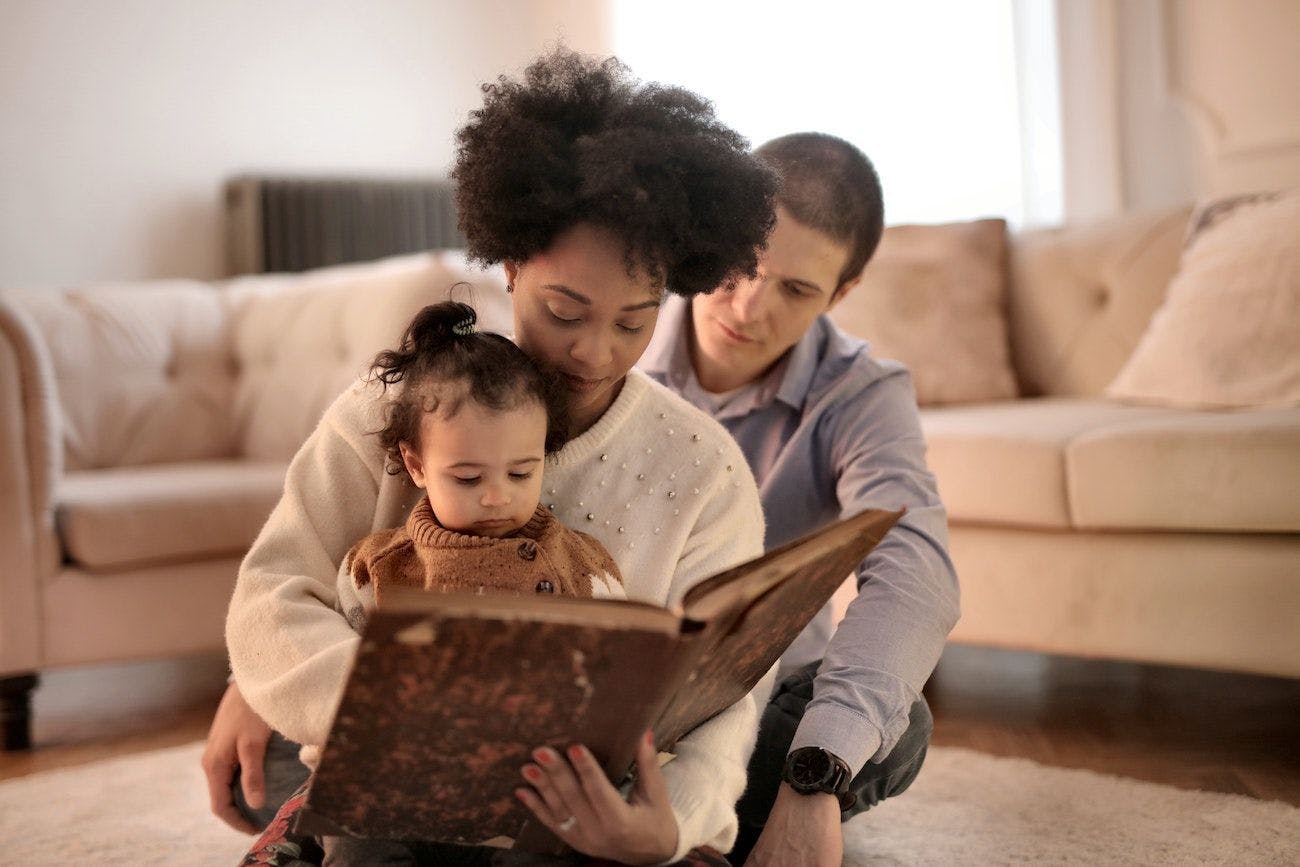
It’s a pattern that may feel familiar in your own family, and the one you were raised in. So, is it time to break the cycle?
From being the one who knows the whole family’s schedules, to being the first point of call when anything goes wrong, default parenting refers to when one parent takes on a greater share of childcare and related domestic responsibilities. The ‘syndrome’ part refers to the systemic nature of default parenting – meaning, it not only affects the default parent, but everyone in the family plays a role that ensures all members continue to operate within this dynamic.
In the majority of cultures, the default parent is often the mother. The female role in reproduction – including pregnancy, birth, and feeding – has meant that women are heavily involved in early childcare. Historically, this has freed up men to continue to work and earn money, creating the patriarchal structure that still informs our society today. And although this dynamic can be found in same-sex couples – and may be the result of anything from differences in earnings, status, values or personality traits, and which partner carried the child – overall, various research, including a 2021 study published in the Journal of GLBT Family Studies, has shown that same-sex couples divide domestic labour and childcare more equally than different-sex couples, prompting questions about default parent syndrome’s relationship to heteronormative gender stereotyping.
We build models of relationships in our minds from birth, and these are underpinned by neural pathways. Parenting is no different, so unless there has been a neurological change, we are likely to parent in a similar way to how we were parented ourselves. As our parents lived in a society where women had fewer opportunities than they do today, the norm continues. Although many fathers are more involved in childcare or domestic roles than ever before, this developmental and social history explains why it is usually women, or the partner who earns the least income, who becomes the default parent.
How does it impact us?
Being the default parent can create a sense of pressure, injustice, and resentment that often goes unaddressed until the default parent is at breaking point. This is likely because the dynamic has usually been established for a logical reason (for example, it makes financial sense) so goes unchallenged. The default parent often experiences real difficulties in prioritising themselves, or finding time for their own rest, interests, and other relationships – leaving them feeling trapped and depleted. The other parent might feel helpless in response, or sad that their relationship with their child is not as close as their partner’s. But there are things you can do to make a change.
Tips for navigating default parent dynamics
Reflect with your partner on how you were parented, and what you’d like to do differently
Both partners may hold unconscious biases toward gendered views of parenting that are based on what you experienced in your own childhood. For example, that the female partner is ‘naturally’ the default parent. List all the other options, even those that are not feasible right now. This will help you get away from binary thinking. Then, decide which of the options might work, and how you can implement them together. In the previous example, the male partner might want to connect emotionally with his child, but not know how. The default parent can help by encouraging the child to seek comfort from their father, too, helping the child learn that they have other sources of support, and dissolving any unconscious beliefs that only their mother can comfort them.
Allow your partner to parent differently
The relationship between each of you and your children is dynamic and changing, and will continue to be throughout your child’s adolescence and adulthood. Your partner might parent or approach related tasks and activities differently from you. This is OK, because it likely reflects their unique relationship with your children. Breaking the entrenched patterns of default parenting requires a change from the familiar norm, so you might find yourself judging your partner’s different methods. Discuss this without trying to change them, so that you can better tolerate their different parenting styles.
Focus on the end goal
Changing long-term habits within a family, with lots of different relational dynamics, does not happen quickly. Remaining focused on a goal of long-term change is important to regulate the discomfort and frustration that arises when the status quo is challenged. Remember, although it might feel like your partner could change this overnight by taking on more, this dynamic has become entrenched for a reason: it probably worked for all of you, at one stage. Celebrate what might seem like small wins, such as your child approaching your partner for something they would once have come to you for.
Accept losses as the dynamic changes
While you may want your partner to take on more responsibility, this does not come without loss. When your child approaches your partner for something they would once seek you out for, this can feel disappointing, no matter how much you want equality. Remember, it’s a great thing for your child to have two fully active parents, and it’s OK to have your own life and interests, too. Sharing responsibility for parenting does not mean that your child will love you any less.
When it comes to default parent syndrome, family members are likely to internalise these norms, and so changing the dynamic will feel unfamiliar, and there is likely to be resistance. But, if both partners commit to change, it is possible. With communication and commitment, a more equal family life is within reach.

